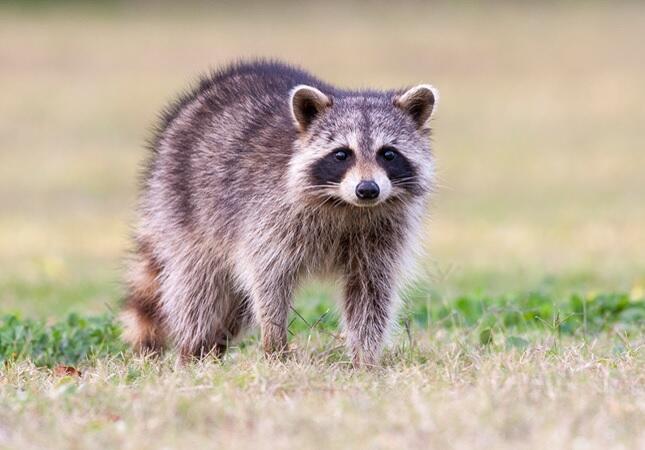As climate change progresses, there is worldwide concern about the spread of zoonotic diseases transmitted by wildlife. Bacteria of the genus Providencia have attracted attention as causative agents of severe food poisoning, similar to enterohemorrhagic Escherichia coli O157 and Salmonella. However, many aspects of their infection sources and transmission routes remain unclear, necessitating further investigation and the establishment of prevention methods.
A research group led by Professor Shinji Yamasaki, Associate Professor Atsushi Hinenoya, and Graduate Student Okechukwu John Obi from the Graduate School of Veterinary Science and Osaka International Research Center for Infectious Diseases at Osaka Metropolitan University examined raccoon fecal samples using a combination of PCR methods. They combined a PCR method that can specifically detect Providencia species with another PCR method that can detect the cdt (cytolethal distending toxin) gene, one of the pathogenic factors that has caused human gastroenteritis, to investigate natural hosts of Providencia.
As a result, 7 out of 11 species of Providencia bacteria were detected, with the pathogenic cdt gene also found in P. alcalifaciens and P. rustigianii. Additionally, they discovered P. rettgeri carrying the cdt gene for the first time. Furthermore, while only one copy of the cdt gene had been previously found on a plasmid, this research revealed for the first time that P. rustigianii has two copies of the cdt gene on plasmids of different sizes, and that these plasmids also contain pathogenic genes called type 3 secretion systems.
These findings confirm that raccoons are one of the natural hosts for Providencia bacteria. The researchers also note that the newly discovered bacteria with two copies of the cdt gene may have strong pathogenicity, requiring further analysis. The results were published in Microbiology Spectrum.

Obi commented: "Providencia bacteria have been isolated as causative agents of food poisoning cases not only in Japan—starting with a mass food poisoning incident in Fukui Prefecture in 1996—but also in the Czech Republic and Kenya. They are also problematic as emerging zoonotic infectious agents, causing conditions such as watery and bloody diarrhea in pigs and dogs. We hope to use the new findings from this study to help control food poisoning caused by Providencia."
Journal Information
Publication: Microbiology Spectrum
Title: Wild raccoons (Procyon lotor) as a potential reservoir of cytolethal distending toxin-producing Providencia strains in Japan
DOI: 10.1128/spectrum.02616-24
This article has been translated by JST with permission from The Science News Ltd. (https://sci-news.co.jp/). Unauthorized reproduction of the article and photographs is prohibited.




